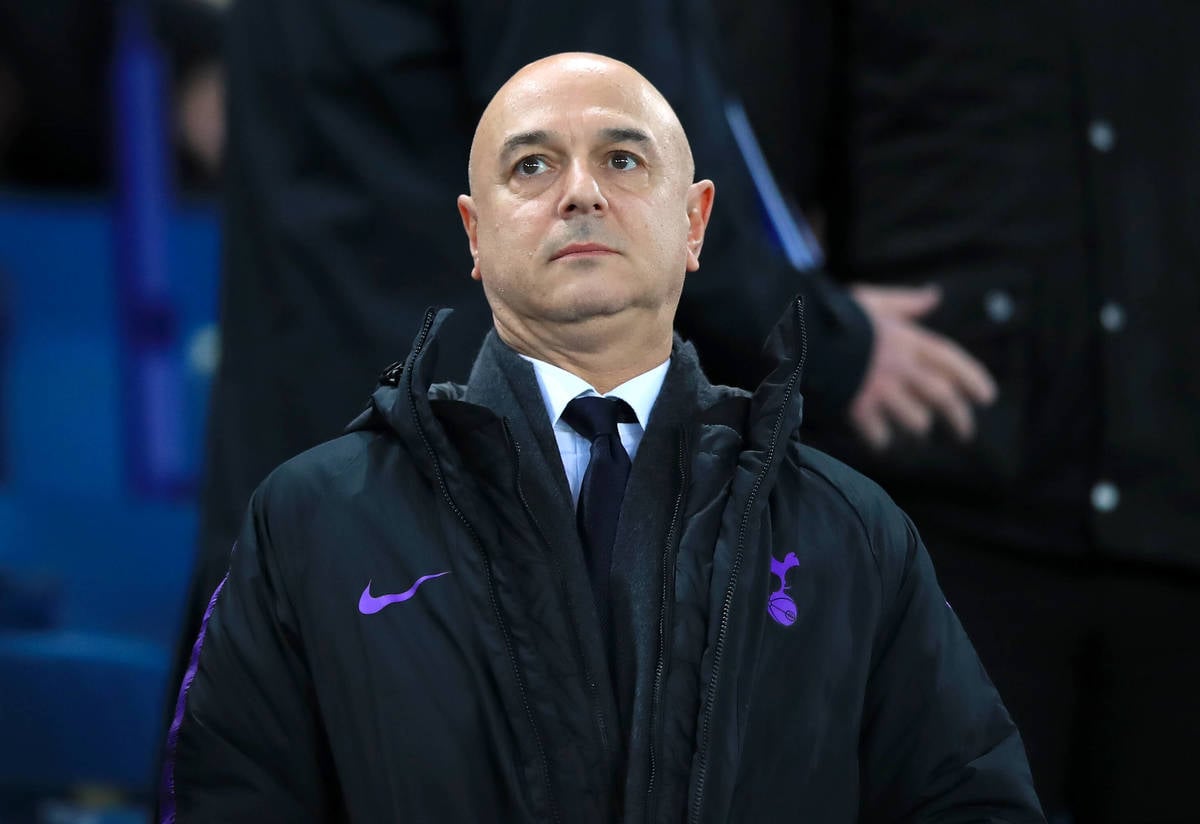
Finance guru: Daniel Levy ‘worried’ by £2billion Tottenham takeover update after talks held
Daniel Levy is “worried” that a low-cost Chelsea sale could affect the price he will eventually recoup when he sells Tottenham.
That is the view of finance expert Doctor Dan Plumley, speaking exclusively to Football Insider about the knock-on effect of the imminent takeover.
UK Government sanctions relating to Russia’s invasion of Ukraine are forcing Chelsea owner Roman Abramovich into a quickfire sale.

The Daily Mail reported last Friday (18 March) that Levy is concerned that a knockdown price could impact the future value of Spurs.
The North London side are understood to have effectively been on the market for years without any would-be investors meeting the asking price.
Plumley explained why the sale of Chelsea at around the £2billion mark could affect the price Levy can demand for Spurs.
“The problem is there is no real way to value a football club properly,” the Sheffield Hallam University expert told Football Insider‘s Adam Williams.
“We’ve done a lot of research around this. There is one model called the Markham Multivariate Model.
“That’s the best we have at the moment, but it’s not an exact science. So with Spurs and Chelsea, you’re looking for a benchmark.
“For a prospective buyer, they’ll be looking at other recent sales. If Chelsea go for less than the asking price, people might apply that benchmark for Spurs.
“If you look at on-pitch success, Chelsea have been more dominant than Spurs for decades. If Chelsea goes for £2billion, is that the benchmark for Spurs?
“I think Levy is worried that if Chelsea are going to be undersold, they are probably going to feel a knock-on effect.”

Levy owns 29 per cent of Spurs, while Bahamas-based Joe Lewis owns the remaining equity.
The deadline for bids to buy Chelsea has passed, with four prospective investors still in the race to secure the club.
In other news, Tottenham expert fears “weird” Harry Kane contract clause is causing “utterly baffling” problem
